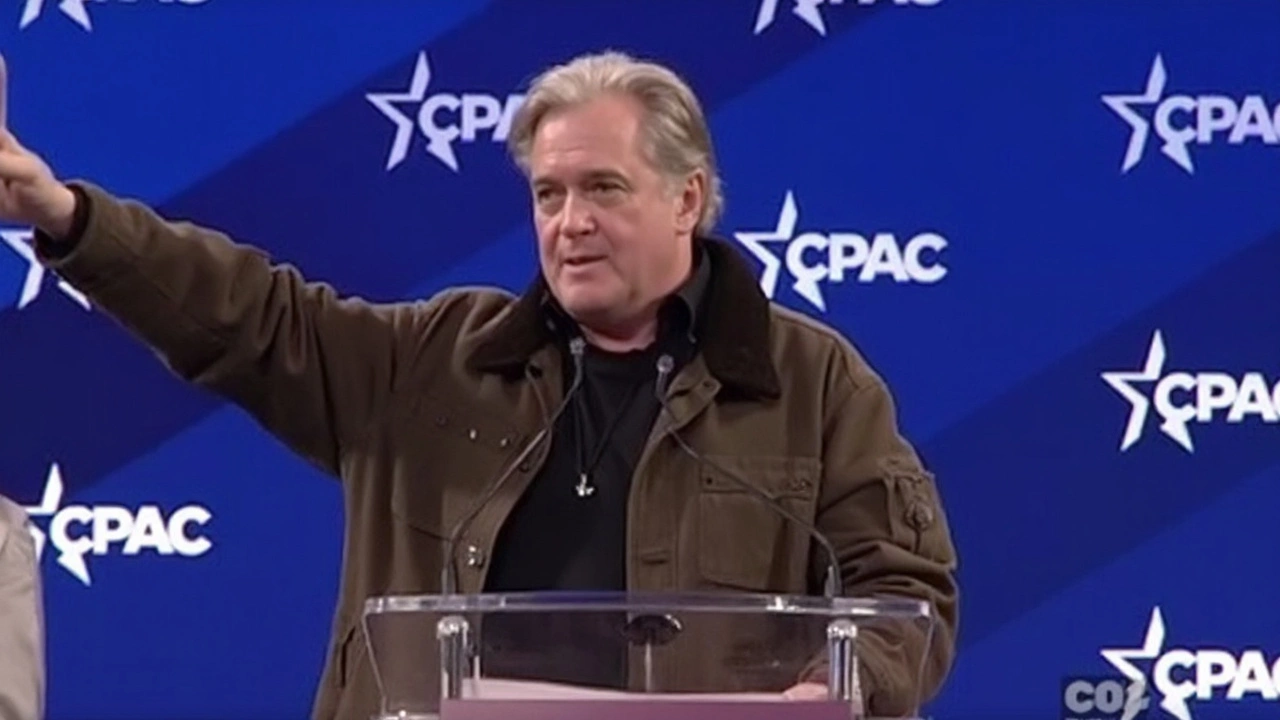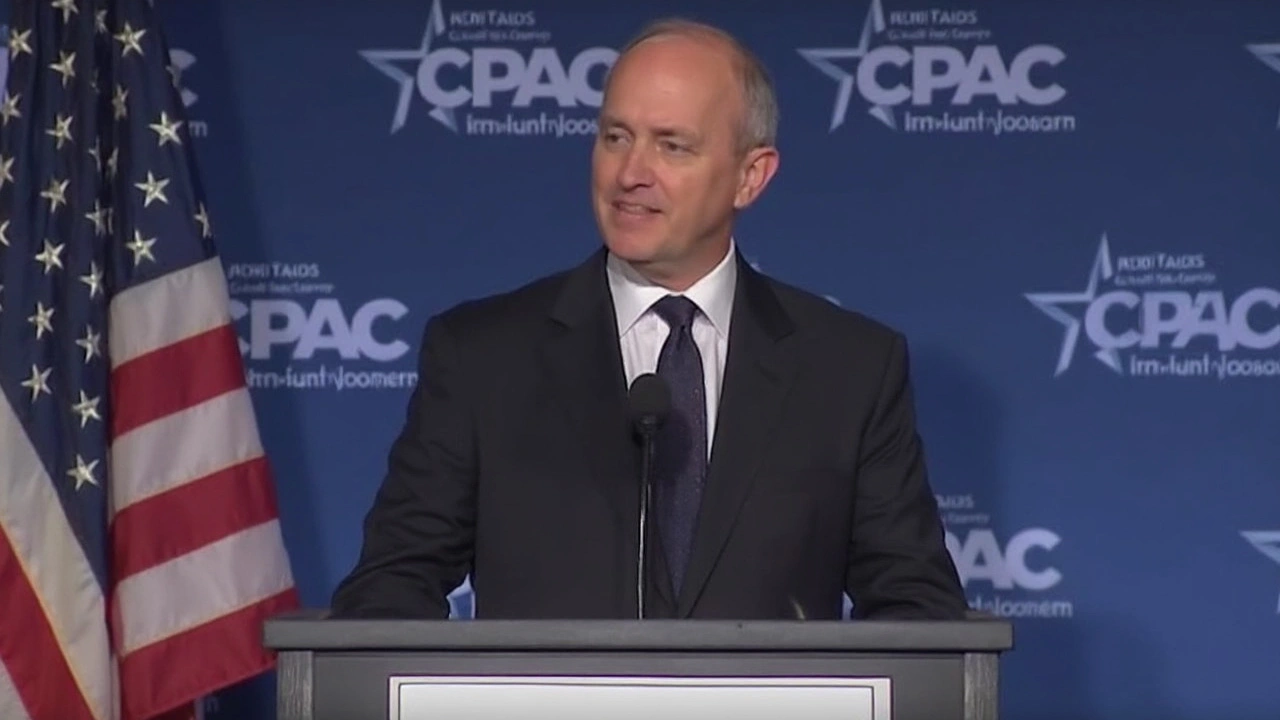Bardella's Response to Bannon's Gesture
The French political landscape was rattled when Jordan Bardella, the head of France's National Rally party, announced he would not be attending the Conservative Political Action Conference (CPAC). This decision came after an unsettling moment during former Trump adviser Steve Bannon's speech, where he allegedly made a gesture interpreted by many as a Nazi salute. Bardella was quick to react, labeling the act as a 'provocation' directly challenging fundamental values.
Bardella explained that the move to cancel his speech was not taken lightly. The gesture, which he believed referenced Nazi ideology, was too significant to overlook. "Such an act cannot go without rebuttal," Bardella conveyed in a statement addressing his supporters and the media.

Bannon's Defense and Broader Implications
Steve Bannon, known for his controversial rhetoric, dismissed the accusations, describing the gesture as a simple wave to the crowd. In his defense, Bannon remarked that he had delivered possibly 'the best speech @ CPAC,' accusing Bardella of being cowardly and unfit to lead France due to his apparent inability to withstand criticism.
This situation unraveled as Bannon faced broader scrutiny due to past comments that stirred controversy. Notably, tech billionaire Elon Musk was previously criticized for what the Anti-Defamation League (ADL) described as Nazi-related jokes; comments which were subsequently rebuked by various advocacy groups.
Amidst these unfolding events, CPAC remained silent, not issuing any official statement about the controversy that shadowed the event. This lack of response has raised questions about CPAC’s stance and approach to controversial figures like Bannon, who continuously are at the center of political and social debates.
The incident serves as a poignant reminder of the intricacies and sensitivities involved in global political discourse, particularly when historical references come into play. As political figures like Bardella navigate these turbulent waters, the focus remains on how such gestures are perceived and the meanings they carry in public and diplomatic contexts.
